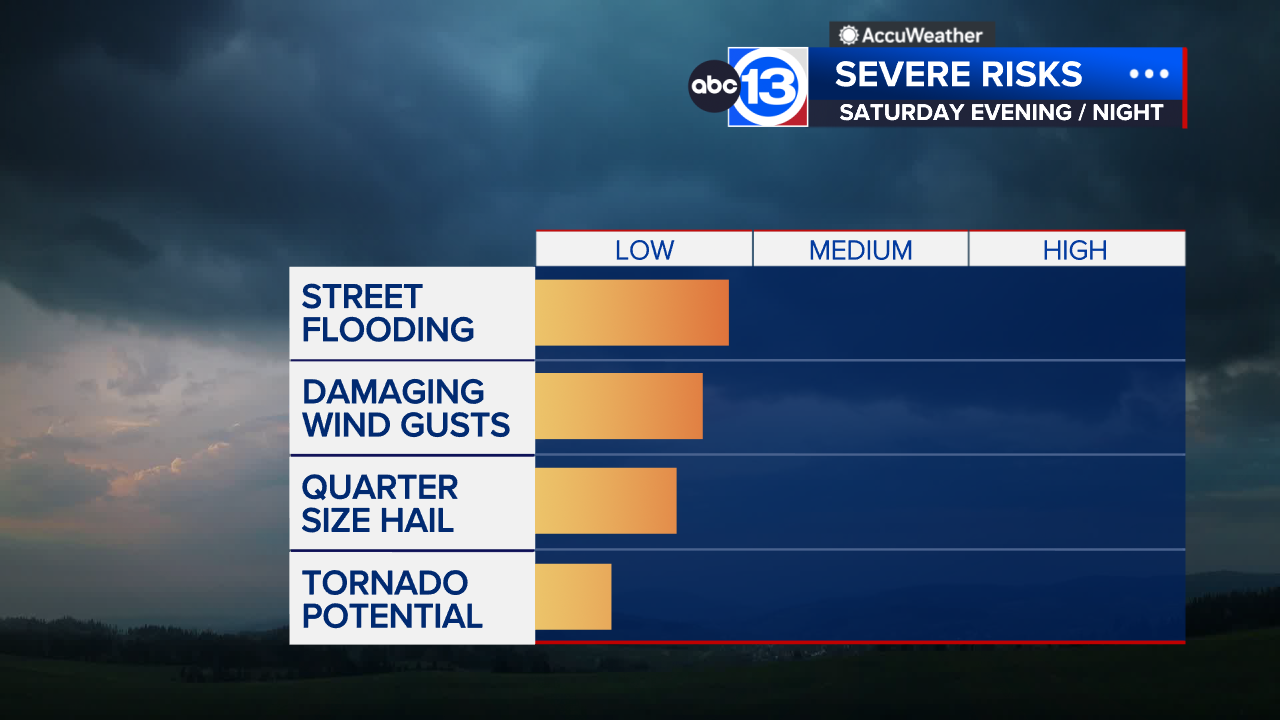Crackdown: Amazon sues to stop phony product reviews


NEW YORK -- Internet users increasingly rely on online customer reviews when making spending decisions, whether they're buying an iPhone case on Amazon or hiring an Uber ride in their hometown. But just how much can you trust those reviews?
A new lawsuit in which Amazon accuses more than 1,000 people of offering to post bogus glowing write-ups for as little as $5 apiece might give you pause.
The case, filed in Washington state court Friday by the nation's biggest online retailer, casts light on what appears to be a burgeoning practice: the commissioning of paid, fake reviews that masquerade as testimonials from ordinary people.
Fake reviews are nothing new to online retailing, and Amazon is far from the only big company affected. Yelp's restaurant reviews and TripAdvisor's hotel ratings have long been a target of critics who claim that merchants can easily post positive reviews of their own businesses.
Amazon's legal counteroffensive, however, appears to be one of the most aggressive attempts yet by a major U.S. e-commerce company to fight back.
Its lawsuit alleges that individuals would write five-star reviews about products they never even tried, and plotted with product makers to subvert Amazon safeguards that are meant to bolster confidence in the website's reviews.
"Suing the reviewers is a way to discourage them from doing it again," said Wedbush analyst Michael Pachter. "They're trying to make a statement that you can rely on the integrity of the reviews on the site."
There are powerful incentives to plant fraudulent reviews.
About 45 percent of consumers consider product reviews when weighing an online purchase, according to Forrester Research. Two-thirds of shoppers trust consumer opinions online, according to research by Nielsen.
For small businesses, it can be more economical to pay for positive reviews than to buy advertising.
For example, a half-star increase in a restaurant's online rating can increase the likelihood of securing, say, a 7 p.m. booking by 15 to 20 percent, said Jenny Sussin, a director at Gartner Research. So a restaurateur might be tempted to pay $250 for 50 positive reviews online in the hopes of raising that rating.
Online sites like Amazon, Yelp and TripAdvisor have worked hard to thwart the planting of fake reviews - a practice sometimes called "astroturfing," a reference to the synthetic grass used on sports fields.
They employ computer algorithms and teams of investigators who scour reviews and delete suspicious entries. Often, only people who have paid for a product or service and been verified can post reviews.
Yelp director of business outreach Darnell Holloway said that when suspicious reviews are found, the company puts a "consumer alert" badge on a company's Yelp site for 90 days warning consumers that reviews might be deceptive. If the problem persists, Yelp removes all reviews of the company.
Most recently, Yelp deleted all reviews of a business called Movers Alliance after if found the company was pressuring customers to write positive reviews.
TripAdvisor says it has a team of 300 people using fraud detection techniques to weed out fake reviews.
"In the first half of 2015 alone we took action against 29 different optimization companies around the world to put a stop to their activity," said spokesman Kevin Carter.
But in general, experts say, fraudulent reviews aren't going away anytime soon. Gartner estimates that 10 to 15 percent of all online reviews are fake.
Legal recourse has been scarce. In 2013, the New York attorney general's office said it had settled cases with 19 companies and secured $350,000 in penalties for fake reviews.
In April, Amazon sued several websites that offered to produce positive reviews. Now it's targeting the actual writers of the reviews - in this case, those who have accounts at Fiverr.com, a site for freelancers looking for work.
In many cases, the writers ask product sellers themselves to write the review, and then they put their name on it, the Amazon lawsuit alleges. At least one would-be reviewer offered to receive an empty envelope from a seller to make it look as if the person had actually bought the product, according to the lawsuit.
The defendants in the lawsuit are identified only by their online handles. Amazon is still working to determine their real names.
Amazon is suing for unspecified damages and an order forcing the users to stop writing fake reviews. The Seattle company said the offenders are liable for breach of contract for violating Amazon's terms of service.
Forrester analyst Sucharita Mulpuru said that ultimately it's up to the consumer to read and evaluate reviews online carefully.
"You never know until the product actually comes to you if a review is real or not," she said. "Online shopping is a leap of faith."




